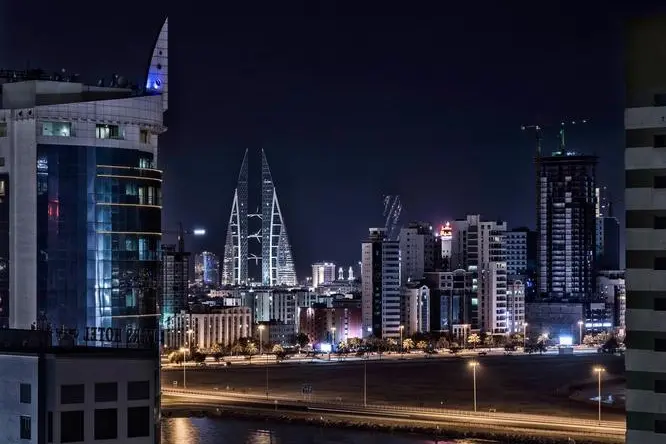PHOTO
The World Bank has raised its forecast for Bahrain’s economic growth this year to 3.5 per cent, even as it sharply downgraded global growth prospects.
The institution’s latest growth projection for the kingdom, revealed yesterday in the June 2022 edition of its flagship Global Economic Prospects report, represents an upward revision of 0.3 percentage point from the January forecast (3.2pc), mainly due to higher oil prices and improved prospects among the GCC economies.
For next year too, the forecast has been boosted with Bahrain expected to see GDP growth of 3.1pc, as against 2.9pc projected in January this year.
The rise confirms the progress of Bahrain in the right direction in its development plans, the most important of which is the economic recovery plan announced last October to spur domestic employment and attract investments in strategic non-oil sectors, including tourism, housing, roads, airports, and electricity.
The multi-year plan targets $30 billion of strategic investments to boost non-oil growth.
The latest World Bank report, which examines global economic developments and prospects on a semiannual basis, says oil exporters like Bahrain are benefiting from robust growth in the oil sector, with increasing oil production and higher prices – Brent crude oil prices have increased by about one-half since the start of the year – helping to bolster growth in the non-oil sector through improved government revenue and other spillovers to the broader economy.
In April 2022, oil production in GCC countries was about three million barrels a day higher than a year earlier, a 20pc increase, and back above its pre-pandemic levels.
However, the economic growth outlook for the world as a whole has turned bleaker with the World Bank revising down its 2022 forecast from 4.1pc to 2.9pc, reflecting a considerably slower expansion from 5.7pc in 2021.
The war in Ukraine in addition to two years of the pandemic have sharply hastened the deceleration of global economic activity.
Bucking the trend, output in the Middle East and North Africa region is expected to expand by 5.3pc in 2022 – 0.9 percentage point above previous projections.
This would be the region’s fastest growth in a decade; but the rebound could have been even stronger had it not been for the detrimental impact of Russia’s invasion of Ukraine on oil importers.
The war has undermined external demand, increased uncertainty, and lifted food and energy prices.
© Copyright 2020 www.gdnonline.com
Copyright 2022 Al Hilal Publishing and Marketing Group Provided by SyndiGate Media Inc. (Syndigate.info).




















